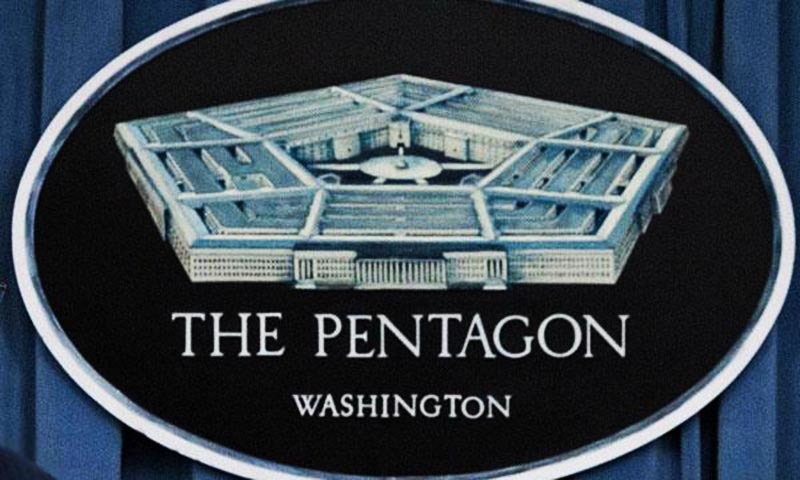The Foreign Office (FO) has denied the presence of any US military or air base in Pakistan, stating that any speculation is “baseless and irresponsible” and should be avoided.
In a statement issued late Monday night, FO spokesperson Zahid Hafeez Chaudri said: “There is no US military or air base in Pakistan, nor was any such proposal envisaged. Any speculation on this account is baseless and irresponsible and should be avoided.”
There is no U.S. military or air base in #Pakistan; nor is any such proposal envisaged. Any speculation on this account is baseless and irresponsible and should be avoided. 1/2
— Zahid Hafeez Chaudhri (@Zhchaudhri) May 24, 2021
The spokesperson added that Pakistan and the US have a framework of cooperation in terms of Air Lines of Communication (ALOC) and Ground Lines of Communication (GLOC) in place since 2001.
“No new agreement has been made in this regard,” he said.
Pakistan to keep giving air, ground access, says Pentagon
The FO statement comes after a Pentagon official said that Pakistan had allowed the US military to use its airspace and given ground access so that it can support its presence in Afghanistan.
David F. Helvey, Assistant Secretary of Defence for Indo-Pacific Affairs, told the US Senate Armed Services Committee last week that the United States would continue its conversation with Pakistan because it had a critical role in restoring peace to Afghanistan.
The official was replying to a question from Senator Joe Manchin, a West Virginia Democrat, who asked him to “outline your assessment of Pakistan, and particularly of Pakistani intelligence agencies, and the role you expect them to play in our future”.
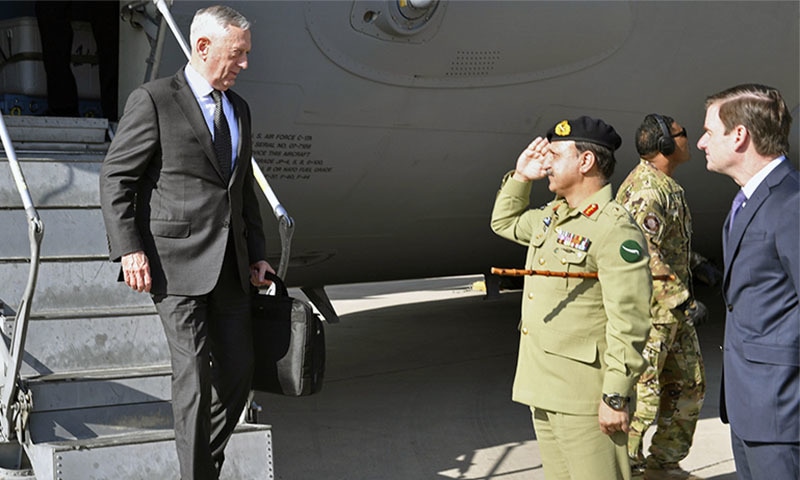
“Pakistan has played an important role in Afghanistan. They supported the Afghan peace process. Pakistan also has allowed us to have overflight and access to be able to support our military presence in Afghanistan,” Mr Helvey said.
“We will continue our conversations with Pakistan because their support and contribution to the future of Afghanistan, to future peace in Afghanistan, is going to be critical,” he added.
Diplomatic sources in Washington told TTI News that Pakistan had always allowed overflights and ground access to the US to facilitate its military presence in Afghanistan and would continue to do so.
Earlier in the hearing, Senator Kevin Cramer, a North Dakota Republican, asked the Pentagon official what type of manned or unmanned capabilities the US would need in the region to prevent “terrorists from returning to Afghanistan”.
“Things we cannot have in Afghanistan,” such as overflights, Mr Helvey. He said that there were other assets that were not available in the region and the US has the capability to bring them into the region “on a regular basis”.
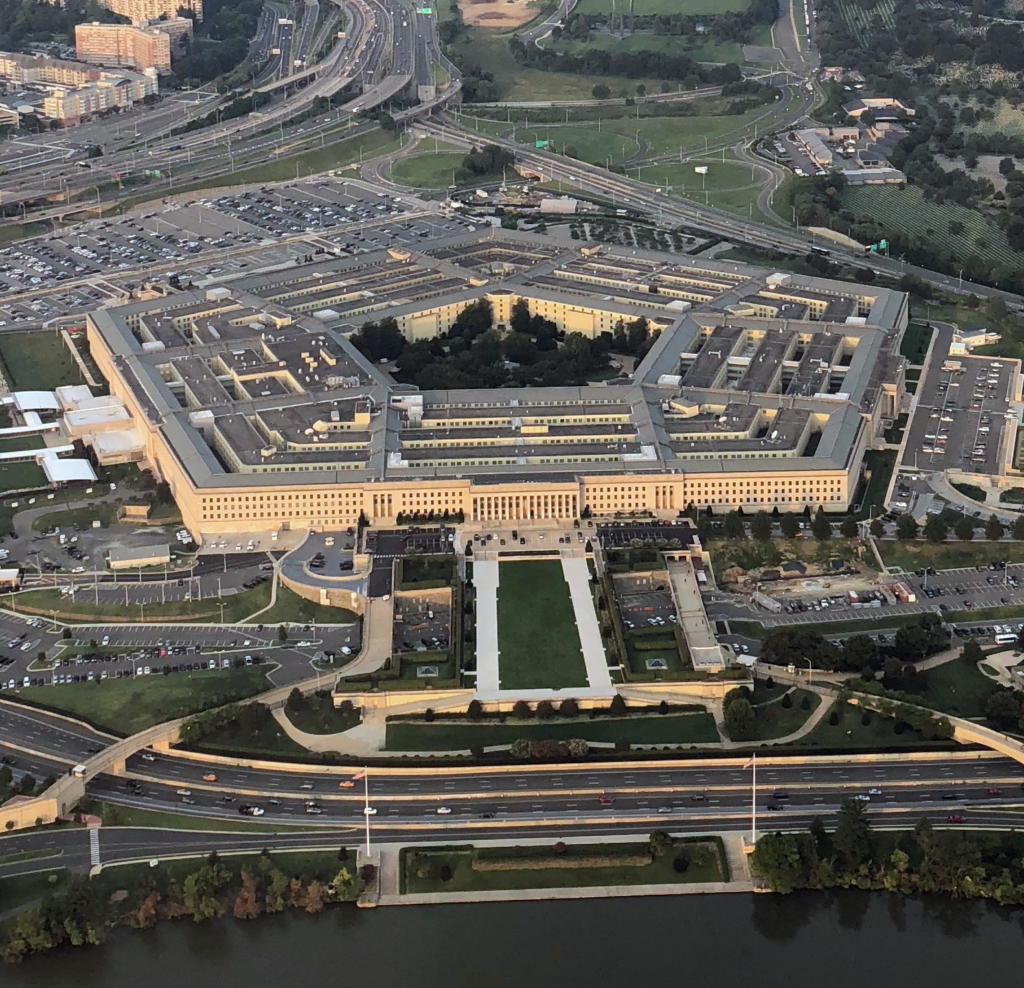
Senator Manchin reminded him that with really no assets on the ground, Washington will have to rely on its regional partners to work with the US. “Are you confident of our regional partners and their capacity and commitment to drive terrorists out of the region?” he asked.
“We will have to work with our local and regional partners, and we want to continue developing those capabilities and those partnerships to be able to ensure that we have the right of framework to address the threats.”
The US Defence Department, he said, was “working today” with its inter-agency colleagues on the right type of arrangements, relationships and frameworks to ensure that Afghanistan never again becomes a haven for terrorism.
NSAs meet in Geneva, agree to step up Pak-US cooperation
Meanwhile, Pakistan and the United States have set the stage for a fresh impetus of their bilateral ties with pledges of greater engagement and economic cooperation.
The icebreaker between Islamabad and Washington took place on Sunday in Geneva where national security advisers Jake Sullivan of the US and Moeed Yusuf of Pakistan met and, according to a statement jointly issued by them, “agreed to advance practical cooperation”.
Pleased to meet US NSA @JakeSullivan46, yesterday. Pakistan and US delegations held positive discussions on bilateral, regional and global issues of mutual interest. Both sides agreed to continue the conversation to advance cooperation in Pak-US bilateral relations.
— Moeed W. Yusuf (@YusufMoeed) May 24, 2021
This was the first highest-level physical contact between the two countries since the Biden administration took office.
Bilateral relations, according to a diplomatic source, were a major point on the agenda of the NSAs’ Geneva meeting, but other issues like India, Afghanistan and economic cooperation which keep affecting the ties too were discussed at length.
Moeed Yusuf complained about lesser engagement with Pakistan by the new administration in its early days. His American counterpart claimed that it happened so because of the Covid-19 pandemic and a greater focus on internal issues. He promised more and sustained engagement.
The discussion was described by both sides as “positive”.
Moeed Yusuf said in a tweet: “Pleased to meet US NSA@JakeSullivan46, yesterday. Pakistan and US delegations held positive discussions on bilateral, regional and global issues of mutual interest. Both sides agreed to continue the conversation to advance cooperation in Pak-US bilateral relations.”
According to an insider, more exchanges between the two sides are expected in near future.
Secretary of State Antony Blinken had earlier twice spoken to his Pakistani counterpart Shah Mahmood Qureshi and Army Chief Gen Qamar Bajwa. Similarly, Defence Secretary Lloyd Austin had been in touch with Gen Bajwa.
However, there has so far been no communication between President Joe Biden and Prime Minister Imran Khan. Moreover, Pakistan was not among the initial invitees to the climate summit. Pakistan, meanwhile, kept emphasising the need for expanded bilateral ties and cooperation.
This gave an impression of a lack of warmth in ties between the two governments.
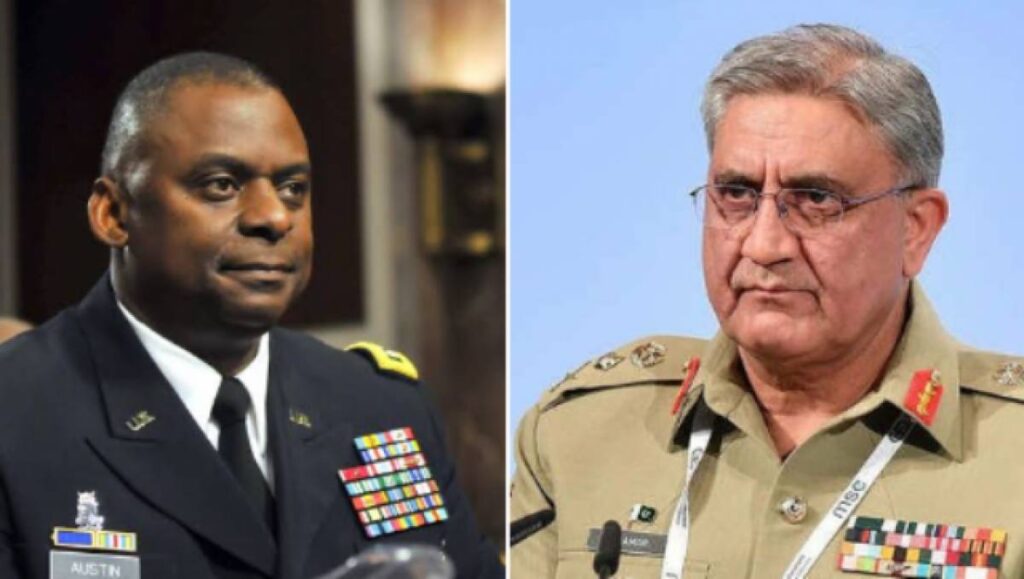
Bilateral relations, according to a diplomatic source, were a major point on the agenda of the NSAs’ Geneva meeting, but other issues like India, Afghanistan and economic cooperation which keep affecting the ties too were discussed at length.
Moeed Yusuf complained about lesser engagement with Pakistan by the new administration in its early days. His American counterpart claimed that it happened so because of the Covid-19 pandemic and a greater focus on internal issues. He promised more and sustained engagement.
The discussion was described by both sides as “positive”.
Moeed Yusuf said in a tweet: “Pleased to meet US NSA@JakeSullivan46, yesterday. Pakistan and US delegations held positive discussions on bilateral, regional and global issues of mutual interest. Both sides agreed to continue the conversation to advance cooperation in Pak-US bilateral relations.”
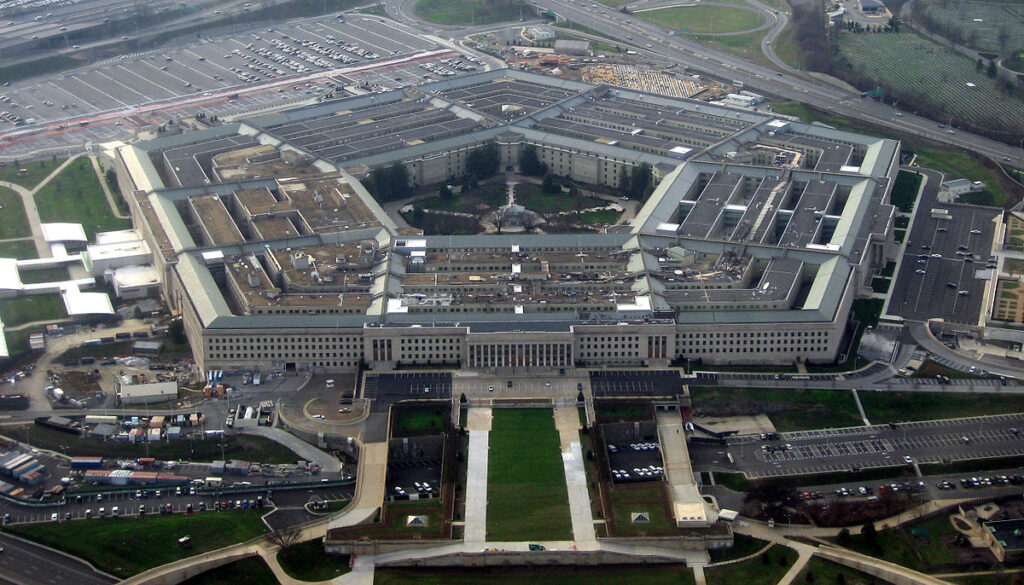
According to an insider, more exchanges between the two sides are expected in near future.
The US is, meanwhile, likely to extend economic cooperation and encourage investments in Pakistan. Similarly, increased cooperation for dealing with the Covid-19 pandemic and climate change is being expected by Islamabad.
However, it is apparent from the meeting that the US desire for re-engagement is driven by its expediencies relating to the withdrawal of its troops from Afghanistan.
Washington wants the withdrawal to be completed in an orderly manner and at the same time hopes that Afghan warring groups would reach a political settlement before the completion of the withdrawal of troops. It, therefore, wants Pakistan to influence Taliban to agree to reduction in violence and taking the stalled Doha talks forward.
The meeting coincided with disclosure by the Pentagon that Pakistan had allowed the US military to use its airspace and given ground access for supporting its presence in Afghanistan.
David F. Helvey, Assistant Secretary of Defence for Indo-Pacific Affairs, told the US Senate Armed Services Committee last week that the United States would continue its conversation with Pakistan because it had a critical role in restoring peace in Afghanistan.
Pakistan side conveyed its concerns about post-withdrawal Afghanistan, role of ‘spoilers’ and management of looming instability.

For Islamabad, the nature of America’s role in Afghanistan after military withdrawal remains a crucial factor in shaping own Afghan strategy.
Meanwhile, Pakistani policy-makers seek a broad-based relationship with US after the completion of withdrawal.
After nearly two decades, Islamabad-Washington ties are undergoing a structural transformation as Pakistan has attempted multiple times to broaden the ambit of bilateral relationship in recent months.
China factor is emerging as a new stumbling block in Pakistan-US relationship. Islamabad has communicated to Washington that it seeks balanced and cooperative relations with both China and the US as its focus is on national economic development.


